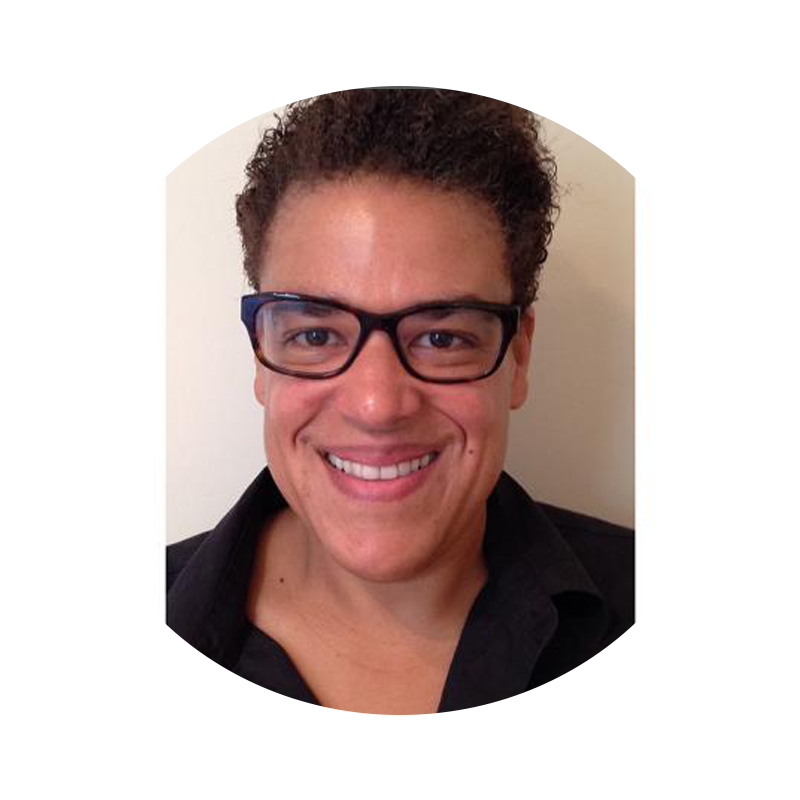Season 4: Episode 3
Michelle M. Wright looks at how blackness is constructed in our use of language.
This season I am talking to academics, artists and changemakers about empathy, storytelling and bridging divides.
Today I am in conversation with Michelle M. Wright who looks at the way blackness is constructed in the way we use language. I first saw Michelle in 2020 at the Transmediale symposium in Berlin where she spoke about the difficulty of finding information about the history of black people living in Europe because the body of writing that is available in public discourse skews towards the story of the Middle Passage and the triangular trade which brought African slaves to the Americas.
In preparation for our conversation I read two books, the award winning novel Girl, Woman, Other by Bernadine Evaristo and Afropean: Notes from Black Europe by Johny Pitts, both British authors bringing to life a variety of lived experiences of black people born in Britain, Europe, Africa and the Caribbean who have built a life in Europe.
Michelle’s own books include Becoming Black: Creating an Identity in the African Diaspora and Physics of Blackness: Beyond the Middle Passage Epistomology. She is currently writing her third book, Afroeuropolis.
Our conversation explored bias and the limitations of technology, the question ‘where are you from’ and how that may call into question one’s identity, how we must challenge ourselves to write inclusive narratives, the importance of empathy, and the need for our work to pose more questions and hold space for ambiguity.
And I think the kind of curiosity we have to have that separates empathy from pity or prevents empathy from becoming pity is a curiosity where we ask questions or we formulate the questions in our head. And then we also ask ourselves why we’re asking the question, because questions are also answers.
When you ask the question, you are saying whatever it is, that is the object of my gaze I consider curious or strange or different or exciting or what have you. And it makes sense to also ask yourself, why do I make that assumption? You don’t have to attack yourself but I think it helps us open up our questions.
Listen Here

Bio
Michelle M. Wright is the College of Arts and Sciences Distinguished Professor of English at Emory University, where she teaches courses on Black identities in a global context through literature, culture and theory. She is the author of Becoming Black (2004), which traces the invention of Blackness by Enlightenment philosophers up to its revolutionary reinvention in 19th and 20th century Black writing, and Physics of Blackness (2015), which puts current arguments about Blackness and belonging into conversation with discussions on time in theoretical particle physics. She is currently at work on her next book project, Afroeuropolis, which looks at how Black writers from across the world have imagined and theorized the space of Europe.
Follow more information about Michelle M. Wright at her Emory profile.
Mentioned in this episode:
Girl, Woman, Other by Bernardin Evaristo
Afropean: Notes from Black Europe by Johny Pitts
1619 Podcast by Nikole Hannah-Jones
1619: The Danger of a Single Origin Story by Michelle M. Wright
Podcast: Play in new window | Download (87.7MB) | Embed
Subscribe: Apple Podcasts | RSS
